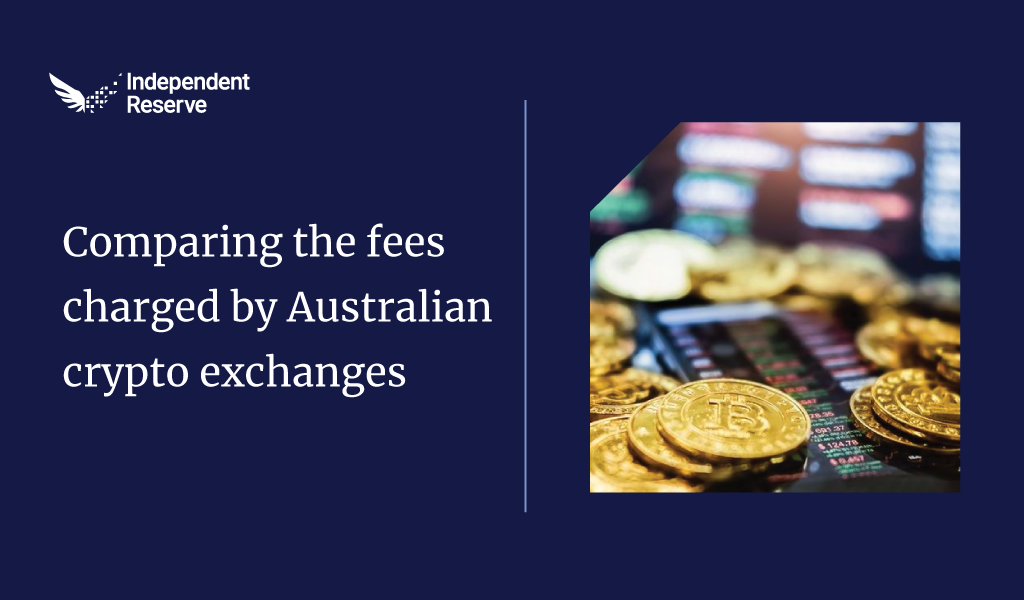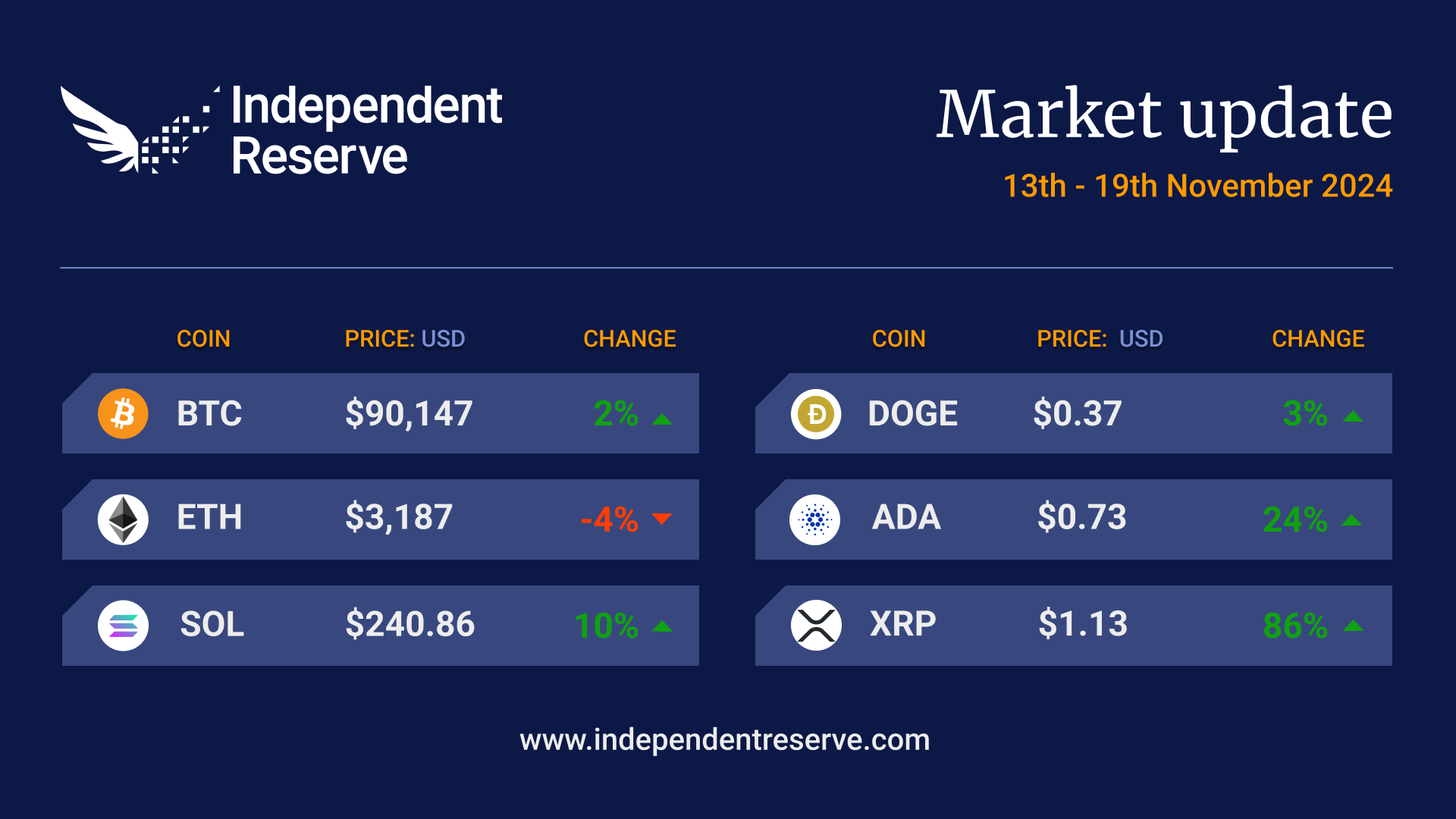
In this article, we’ll compare the fees charged by some of the largest cryptocurrency exchanges in Australia. We’ll also examine fee structures, the reasons they are charged, and all the variables that can impact the final price of your transaction.
When do cryptocurrency exchanges charge a fee?
As with your regular bank account, fees can apply to specific transactions within a cryptocurrency exchange.
Cash (fiat) deposits
The majority of Australian crypto exchanges allow Australian dollars to be deposited. There are various deposit methods, and while some are free for local exchanges, fees can be charged depending on the exchange and the deposit type chosen.
Deposit methods include:
- Direct bank transfer
- PayID / OKSO transfer
- Credit / Debit card deposits
- PayPal*
Withdrawing Money
Crypto exchange users can withdraw Australian dollars directly to their bank account. While withdrawals to Australian bank accounts are generally free from most exchanges, there are some conditions in which a set fee is charged. These include:
- Instant withdrawals via PayID
- Withdrawals to an overseas bank account via SWIFT transfer
- Withdrawals in a foreign currency
- Withdrawals that require manual assistance
Withdrawing cryptocurrency assets
While most crypto exchanges have excellent security protecting the customer assets they hold, many users prefer to have custody of their own cryptocurrency. For this reason, the ability to withdraw crypto to a private (custodial) wallet is enabled.
Exchanges charge a withdrawal fee to cover the cost of moving your crypto from one wallet to another.
Often called a “gas” fee, the amount charged will differ depending on the exchange and the underlying blockchain the asset lives upon. Most exchanges have a fixed withdrawal fee that rarely changes, which allows customers to plan ahead and not get stung with unexpected changes.
Trading assets
Buying and selling digital assets is referred to as “trading”, and, unlike with traditional share trading, will in most circumstances incur a percentage-based fee from the exchange facilitating the trade.
Australian crypto exchange fee comparison
Among the cryptocurrency exchanges in Australia, there is a wide spectrum of fee structures for various transactions. For a clear comparison, we’ve selected 4 of the largest Australian crypto exchanges: CoinSpot, BTC Markets, Swyftx, and Independent Reserve. Please note, these fees are correct at the time of publication and can change without notice.
| Fee Type | Independent Reserve | CoinSpot | BTC Markets | Swyftx |
| Trading Fees | 0.5% – 0.02%* | 1.00% / 0.10%** | 0.85 – 0.1%* | 0.6% |
| Direct Bank Transfer (Osko PayID) | Free† | Free | Free | Free |
| Debit / Credit Card Deposit | 1% | 1.88% | 2% | 1.99 – 3.5% |
| PayPal Deposit | 1% | Not Available | Not Available | Not Available |
| AUD Withdrawal | Free*** | Free | Free | Free |
| Crypto Asset Withdrawal Fee (Bitcoin layer 1) | BTC 0.0003 | BTC 0.0004 | BTC 0.0003 | BTC 0.00012 |
| Crypto Asset Withdrawal Fee (Bitcoin Lightning) | Not Available | BTC 0.000001 | Not Available | Not Available |
| Crypto Asset Withdrawal Fee (Ethereum) | ETH 0.005 | ETH 0.0015 | ETH 0.005 | ETH 0.0013 |
| Crypto Asset Withdrawal Fee (USDT / Tether) | USDT 10 | USDT 5 | USDT 10 | USDT 5 |
*Reduced trading fee percentages are based on large-volume transactions or the volume purchased over a 30-day period.
** 0.1% for OTC / Market Trades, 1% for instant buy/sell trades
*** EFT withdrawals are free, NPP or PayID withdrawals incur a $1.50 fee
†Transfers of under $100 incur an AUD 0.99 fee.
In terms of trading fees, Independent Reserve offers some of the lowest rates, particularly for accounts with a high 30-day trading volume.

